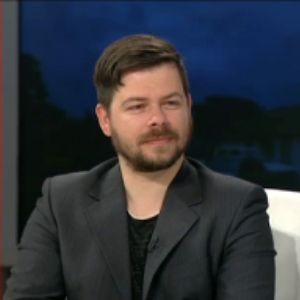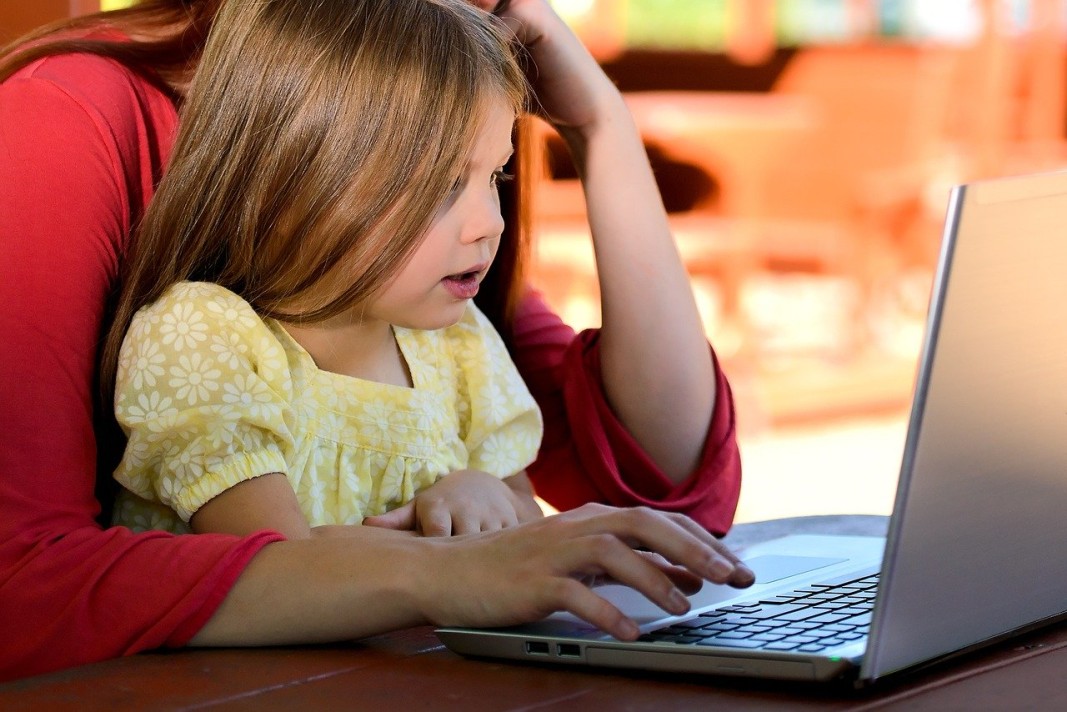The correct and safe way of using the media is a key part of the definition of media literacy, but not the only one. This is a collective term for the skills that everyone needs to have in order to look at information in a critical way and not become involved in spreading fake news or hate speech.
 "How can each of us as a consumer and sometimes a producer of content be able to counteract some of the most harmful trends of the 21st century, such as disinformation, and be able to distinguish the reliable sources of information," explains Ivaylo Spassov, expert in Social Development Communication from UNICEF-Bulgaria.
"How can each of us as a consumer and sometimes a producer of content be able to counteract some of the most harmful trends of the 21st century, such as disinformation, and be able to distinguish the reliable sources of information," explains Ivaylo Spassov, expert in Social Development Communication from UNICEF-Bulgaria.
Adolescents between the ages of 15 and 19 years presented their ideas for safe use of the Internet as part of this month's online hackathon for teenagers - "Digital Media Literacy Solutions: My Right to an Opinion". Through a variety of multimedia forms - websites, online games, mobile applications, podcasts, video series, young people offered solutions to problems identified by themselves. "There was a suggestion for a website with useful information for teenagers on how to protect themselves online - how to protect their personal data and not fall victim to pedophiles or traffickers. There were suggestions for training or technological innovation to support young people so that they could distinguish fake news from reliable information. There were calls for young people to be given more voice through podcasts or video series to express their opinions and plans, but also to help spread knowledge on the subject. The issue of online harassment was also addressed. It is associated with a lack of communication and socio-emotional skills, which results in violence.”
Despite the skills of the participants, they need different types of assistance to implement their projects - mentoring, expertise, technological resources or small financial support.

"Yes, even very difficult, because it must be developed from an early age”, says Ivaylo Spassov. “Not necessarily as a subject in school, but as a set of skills to work on in the family, with teachers and children. Media literacy influences all the choices an individual makes - what his or her behavior should be online, how to treat other people, what information to consume and share. In this case, we are talking about forming attitudes, managing expectations and even hybrid wars.”
Ivaylo Spassov warns that, unfortunately, sometimes Bulgaria is a fertile ground for the development of hybrid wars - due to a low level of critical thinking. This is confirmed by various statistics that show that we are among the first in Europe in terms of distribution and quality of the Internet and the access to digital devices, but on the other - that there is low media literacy compared to other countries on the Old Continent. This dangerous combination at certain times means easy manipulation of groups in society on a particular issue. Systematic investment in media literacy skills would thwart such trends as in recent years children often build their identities based on what they read on social media.
The role of parents in the process of children's media literacy is very responsible.
"It is vital that they get to know their children's online environment in a friendly and inclusive way. Not through control or prohibitions, but through conversations, sharing common interests and showing curiosity,” advises Ivaylo Spassov from UNICEF-Bulgaria. And then follows the upgrading of skills in school and in the friends’ environment of children.
English Rossitsa Petcova
Photos: Pixabay and BNTRadmila Sekerinska from North Macedonia appointed NATO Deputy Secretary General NATO Secretary General Mark Rutte has appointed Radmila Sekerinska from North Macedonia as the next NATO Deputy Secretary General. “I am happy to announce..
The traditional Bulgarian Christmas picnic, organized by the Bulgarian Cultural and Social Association "Rodina - Sydney" and the Bulgarian School "Dr. Petar Beron", will take place on December 8 , 2024 in St. Leonards Park in Sydney. "We have..
The Bulgarian national minority in Albania is one of the largest in the country, according to data from the latest official population census. A total of 7,057 individuals identified as Bulgarians. For comparison, 23,000 people identified as Greeks,..
The Varna Regional Library "Pencho Slaveykov" has acquired a humanoid robot. It was unveiled by the library's director, Radka Kalcheva, during the..
1000 participants will take part in the first Burgas Half Marathon, which will take place this Sunday, 24 November. The event will bring together..

+359 2 9336 661
